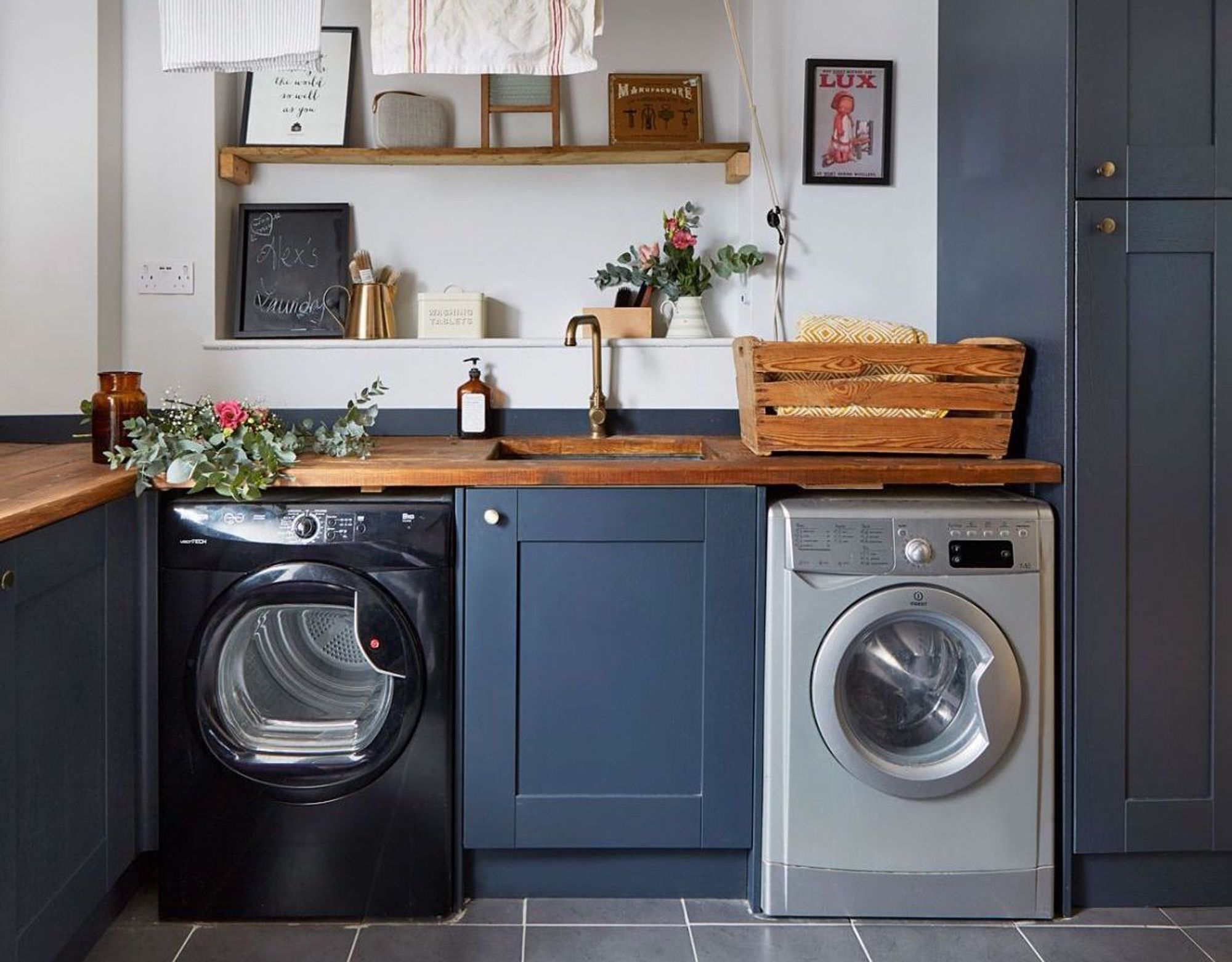Thu Feb 02 2023
How homeowners could benefit from a circular economy.
A small headline that needs to be added to the schema

The circular economy is an economic system that emphasizes the reusability of resources and the reduction of waste. In the context of homes and electronics, this system can have a profound impact on the way we use and dispose of our appliances and other electronic devices. At Homeprint, we're working towards building a more sustainable approach to electronics and appliances with our inventory tool, and by working with brands, we can provide offers to homeowners to return the old models in exchange for newer products. And by doing so, we're returning some of the valuable resources to produce products.
In this article, we will explore the benefits of a circular economy for homeowners and discuss the ways in which it can improve the sustainability and efficiency of our homes and electronics.
One of the primary benefits of a circular economy for homeowners is the reduction of waste. According to a recent study, the average household in the United States produces over 5,000 pounds of waste each year, with much of this waste coming from old and broken appliances. In a circular economy, however, these appliances would be refurbished and reused, reducing the amount of waste that ends up in landfills.
Another benefit of a circular economy is increased efficiency. For example, the average refrigerator lasts only 9 years, while washing machines last just over 10 years. In a circular economy, however, appliances could be refurbished and updated to extend their lifespan, reducing the need for homeowners to purchase new appliances as often. This not only reduces waste, but also saves homeowners money in the long run.
In addition, a circular economy would also improve the sustainability of our homes and electronics. This is because appliances and electronics that are refurbished and reused use fewer resources to produce, as they don’t need to be built from scratch. This can reduce the carbon footprint of homes and electronic devices, helping to protect the environment and conserve energy.
Finally, a circular economy would also create jobs and economic growth. As more people adopt circular economic practices, the demand for refurbished and reused appliances would increase, creating new opportunities for workers and businesses. Additionally, the reduced waste and increased efficiency would lower costs for both businesses and consumers, providing a win-win solution for everyone involved.
To wrap up, a circular economy is a smart and sustainable approach to the use and disposal of our appliances and electronics. By reducing waste, increasing efficiency, improving sustainability, and creating jobs and economic growth, the circular economy can benefit homeowners and the environment in many ways. If you are looking to make a positive impact on your home and the world around you, consider adopting circular economic practices today.
